One of the biggest challenges VET faces today is to educate students to have the skills that the employers of today and tomorrow are looking for. However, if VET providers and staff aren’t willing to adapt and implement the idea of social inclusion and actually trust that every single VET student has the ability to develop their skills set, take ownership for their learning and create their own success stories, we will not be able to provide equal opportunities to all students and provide them with the skill-sets that they deserve.
Since 2008, the Finland-Swedish VET provider Axxell has been working on an international strategy that implements Axxell’s vision of providing equal opportunities, equity and social inclusion in a way that enables skills development through international collaboration. At one of the first VET schools in Finland, we began to send students with fewer opportunities and at risk of social exclusion on international mobility programs alone or in small groups of four. As one of the biggest cornerstones in our international strategy was TRUST we have never sent teachers to chaperone students. Axxell chose to believe that students would embrace mobility as a way to find hidden strengths and skills.
Before Axxell began sending students with fewer opportunities on international mobility programs, we wanted to know what kind of support these students wanted and needed, in order for them to embrace this opportunity and go on a mobility program abroad. To build up frameworks for this, we needed to learn from the experts themselves, the experts being students who were at risk of social exclusion or had plans to drop out of VET.
In 2009 Axxell took part in a Leonardo Da Vinci partnership project, “Enhance Mobility for students at risk of social exclusion”, where the aim was to develop tools that would help VET providers and teachers to encourage and support students to make an investment in students’ futures by providing all students equal opportunities to participate in international mobilities. During the 2 years of the “Enhance Mobility” project 24 students from Finland, Sweden, Germany, Poland and Greece, who had faced different kinds of obstacles in life and who came from different social backgrounds, helped the international coordinators and teachers working in the project to understand how students like them could be motivated to go on international mobility programs and how we could convince VET providers and teachers to implement the idea of equal opportunities for all.
This was the beginning of a decade of working with providing students with equal opportunities to take part in international mobility programs and to see international mobilities as a tool for social inclusion and skills development. Since 2009, Axxell has coordinated or been a partner in many European projects that have focused on social inclusion, skills development and providing all students, regardless of their background or history, equal and fair opportunities to take part in international mobilities. Among the projects, we highlight IDETIC; a LdV mobility project where the aim was to show Axxell’s management what impact European mobilities have on helping students with fewer opportunities recognize and develop their hidden skills and why Axxell can’t afford to exclude these students from mobilities.
The SOS-Mobilities (LdV Transfer of Innovation) project developed frameworks, checklists and a manual that would help encourage teachers to include students with fewer opportunities in international mobilities.
The Erasmus+ KA1 projects LearnMob1, 2 and 3 all focused on providing students regardless of age, background or history with equal opportunities to develop skills through European mobility programs.
The Erasmus+ KA2 project DIDO-dropping in the dropouts, aimed to increase the learning motivation of adult students throughout Europe by developing an online toolkit with effective and practical methods to reduce the dropout rate in adult education.
The Erasmus+ KA2 project WorkSafe developed tools that help VET providers and teachers to ensure that students can learn in safe learning environments nationally and in Europe while doing WBL.
The Erasmus+ KA2 project VET@work is currently working on developing tools that help map out skills that the labour market wants and creating frameworks for how to set up collaborations between VET and work that helps increase the 21st century skills of VET students.
The above-mentioned projects have had and still have a big impact on how Axxell works with social inclusion, equity, equal opportunities and developing the skills that employers want and need future employees to have.
Since 2008, the Finland-Swedish VET provider Axxell has been working on an international strategy that implements Axxell’s vision of providing equal opportunities, equity and social inclusion in a way that enables skills development through international collaboration
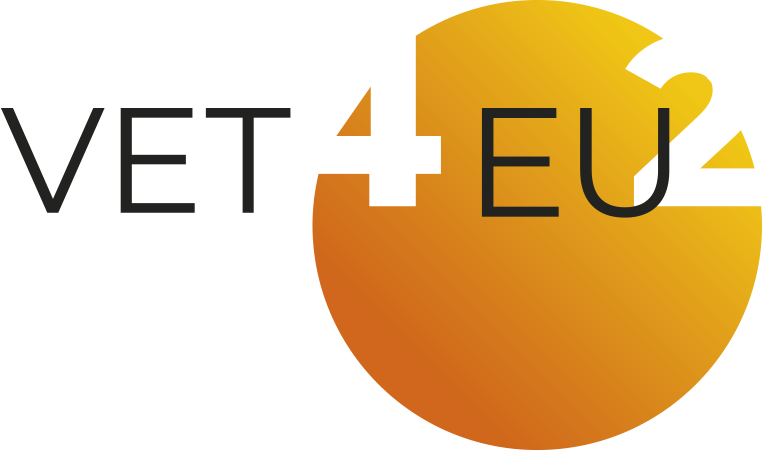
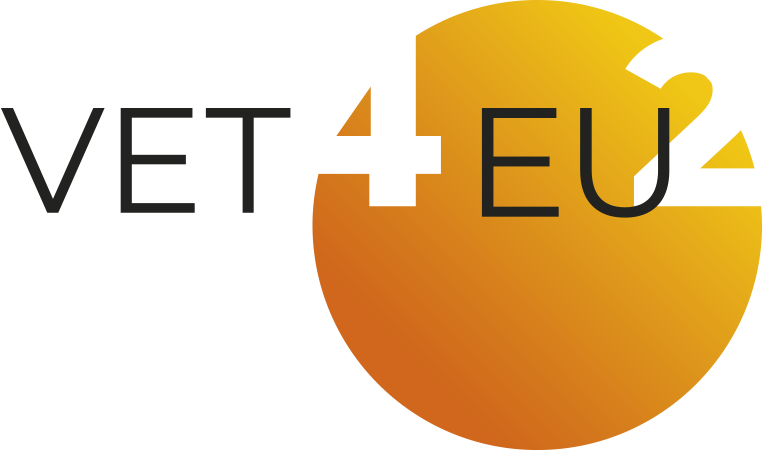

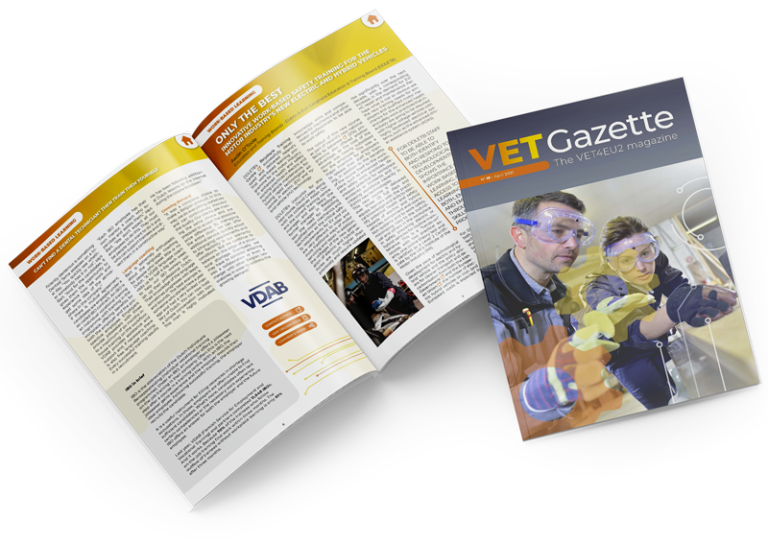
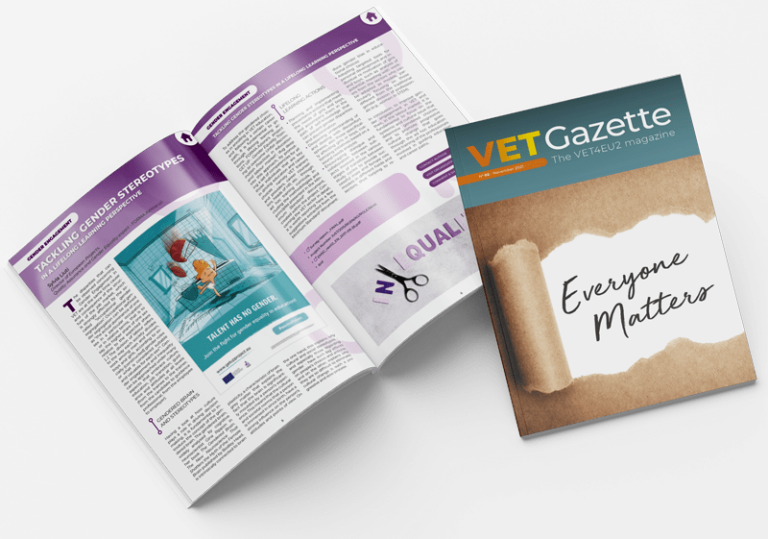
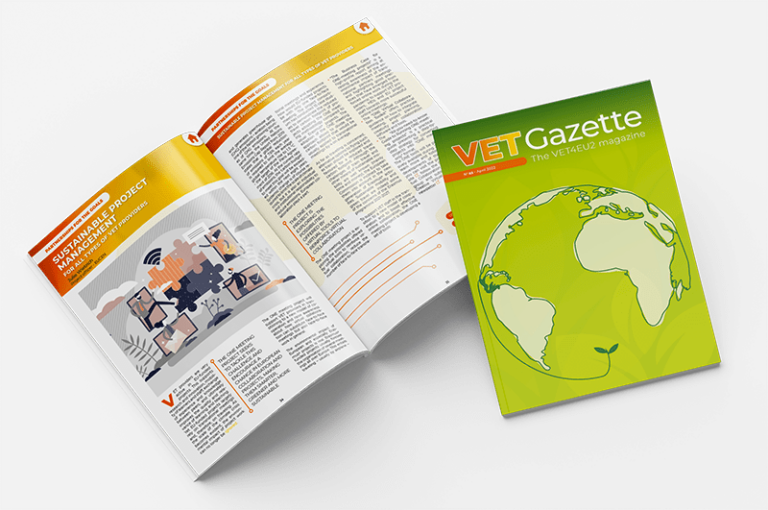
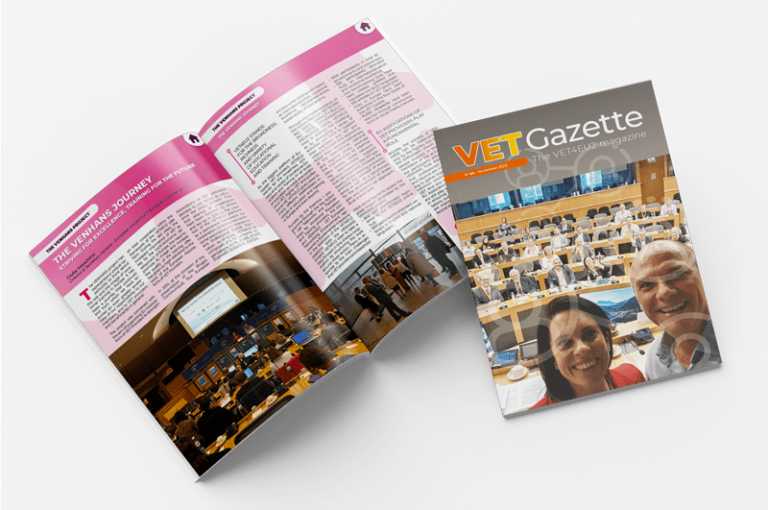

Responses